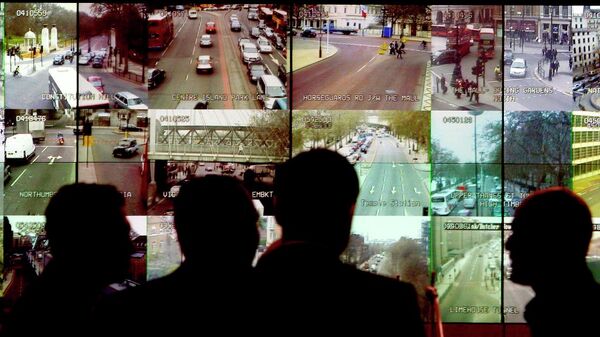STRASBOURG (Sputnik), Daria Chernyshova — The French Parliament adopted Wednesday the final version of an anti-terrorism law that grants the country’s intelligence services the right to intercept the communications of anyone suspected of a terror-related activity without notice or legal authorization.
"Obviously, there should be a system of checks. It should be the parliament that oversees the system of checks. These issues should receive more attention," Rene Rouquet said.
The French bill was passed one day after WikiLeaks began posting documents online revealing that the US National Security Agency (NSA) has been eavesdropping on French President Francois Hollande and his predecessors, Nicolas Sarkozy and Jacques Chirac, as well as other senior officials in the country.
#France French Surveillance Bill: a Major Defeat for Liberties https://t.co/wSjRhWImxz pic.twitter.com/r3Ojh8Nhbk
— Renata Avila (@avilarenata) June 22, 2015
Government surveillance became a top-tier issue following the release of thousands of top-secret documents in 2013 by former NSA contractor Edward Snowden. The leaked documents reveal the existence of US surveillance programs on many world leaders, as well as on millions of US citizens, all without a court warrant. The revelations have sparked both domestic and international controversy, and led to protocol revisions in legislation and daily practice.



